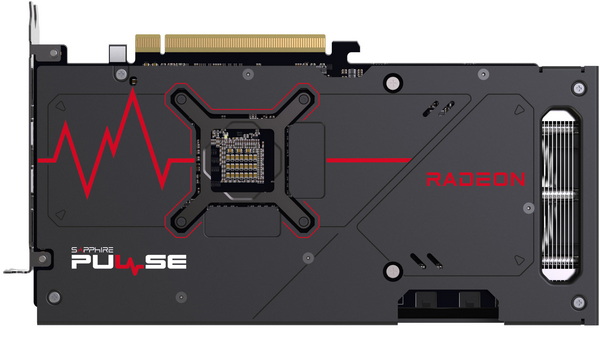CONCLUSION

Almost 4 months have gone by since AMD unveiled their Radeon RX 7600 XT graphics card and well, now is probably the best time to review this card (mature drivers by now). So how does it do, especially compared to the non-XT version? Well, it’s clear from the charts that what makes the most difference in many of the games is the amount of VRAM something which was to be expected since 8GB was a rather small amount to begin with. Yes, the extra boost on clocks also does help but not enough for the Radeon RX 7600 XT to compete with the likes of the GeForce RTX 4070. Now I don’t have an RTX 4060 in my charts yet and this was the model the RX 7600 XT was meant to compete with, but I imagine they’d be trading blows if I did. Consuming up to 207W on load is probably the sole downside of the RX 7600 XT, especially since that number is higher than even the RTX 4070. Yes, I don’t expect it to be a game breaker for consumers, even less for people who prefer Radeon cards, but it is what it is. Finally, in regards to cooling and noise levels SAPPHIRE has done a rather good job in both, especially when compared to the 7600 model.
With a retail price tag set at USD339.99 inside the USA (Amazon.com) and for 360.53Euros inside the EU (Amazon.de) the Pulse AMD Radeon RX 7600 XT OC by SAPPHIRE is priced well overall. Price aside two things are clear, first that doubling the VRAM was a good decision by AMD and second that the Radeon RX 7600 XT is a card only meant for FullHD 1080p gaming and so if that’s what you’re looking for I strongly recommend checking it out, you will not be disappointed.
PROS
- Very Good 1080p Performance
- Dual Slot Design (Size)
- OC Potential
- Features
- TRIXX Software
CONS
- Power Consumption
- PCIe x8 Interface

 O-Sense
O-Sense







.png)

